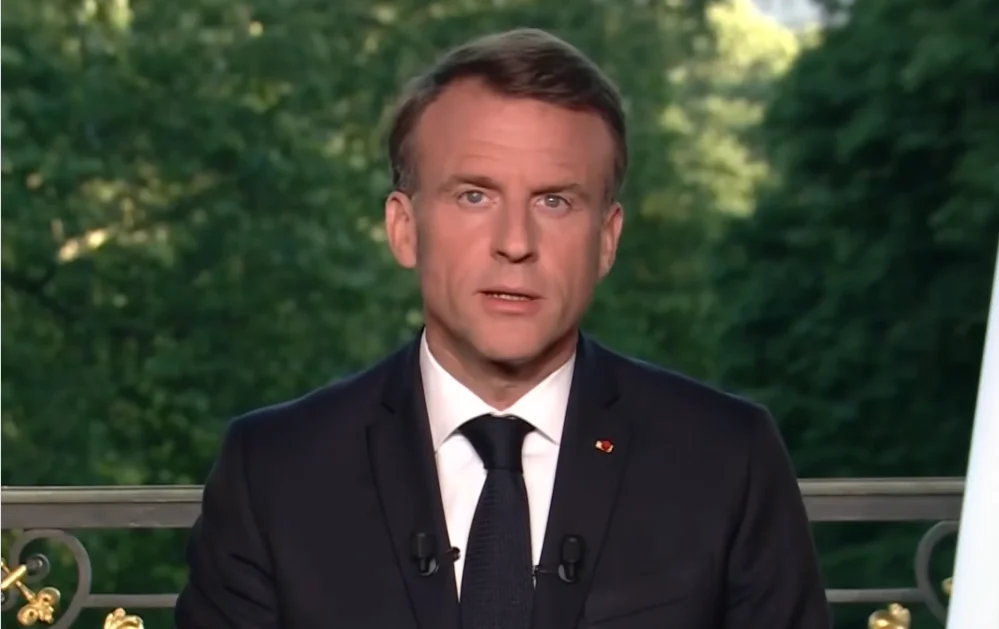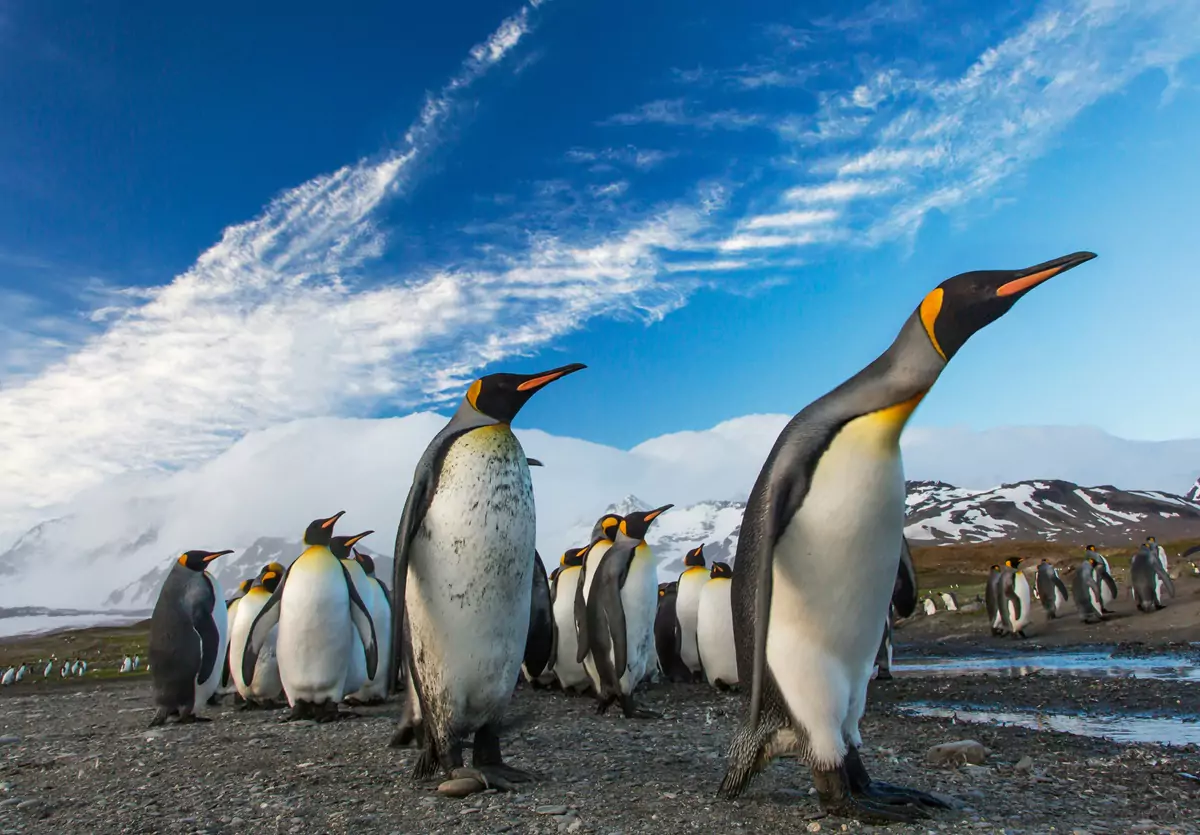The rise of the far-right in the recent EU elections has shaken the French world of politics to its core. President Emmanuel Macron has called for a snap election in the hopes of securing a stronger position for his party, while a surprise potential alliance between the right-wing Les Républicains and the far-right Rassemblement National, formerly known as the Front National, appears to be emerging.
France stands at a pivotal juncture that could significantly alter its political trajectory.
Following the shock results of the EU elections, in which the Rassemblement National took 30 of France’s 81 seats, French President Emmanuel Macron called a snap election in an effort to capitalise on the disarray among his opponents and secure a stronger position for his party in the National Assembly. It is a risky move that will turn out to be either pure genius or a total disaster for Macron and the current centrist government.
Among the other notable developments over the last few days and weeks is the emerging potential alliance between the right-wing Les Républicains party, led by Éric Ciotti, the former President of the Departmental Council of Alpes-Maritimes, and France’s far-right, namely the Rassemblement National.
On 11th June, Ciotti called on his party to forge an agreement with Jordan Bardella’s far-right party, which was previously led by Marine Le Pen. The highly controversial move is splitting opinion among some members who fear the loss of the party’s traditional values, while others see it as a necessary evolution to remain relevant in a changing political climate.
An attempt by the Reconquête party, another far-right entity although perhaps more extreme in its views than the Rassemblement National, to join with Bardella’s party has not materialised, with their leader, Éric Zemmour, preferring to take his chances alone.
This decision led Reconquête’s Member of European Parliament, Marion Maréchal, the niece of Le Pen, to speak out, ultimately leading to her expulsion from the party.
Read more: Monaco announces new Minister of State: Didier Guillaume to succeed Pierre Dartout
Meanwhile, the parties on the left have called for the creation of a “new popular front” to consolidate a power base against the right.
Discussions between the Greens, the Socialists, the Communists and the far-left France Unbowed have resulted in an agreement that each will field only one candidate in each of the 577 districts in the first round of the early elections on 30th June.
This uneasy alliance will need to overcome some fairly significant ideological differences to be cohesive, including military support to Ukraine and a refusal from France Unbowed’s Jean-Luc Mélenchon to declare Hamas a terrorist organisation. If they manage to hang together, however, this grouping could be a force to be reckoned with.
These developments are a blow to Macron, whose hopes of his centrist government’s chances of gaining more control – and staving off the far-right – are starting to dwindle.
The decisions made in the coming months will likely have lasting implications for the future of French politics, determining not only the leadership but also the ideological direction of the country. As the political drama unfolds, the world watches closely, recognising that the outcomes in France could resonate well beyond its borders.
Join the Monaco Life community – sign up for the Monaco Life newsletter, follow our Podcasts on Spotify, and check us out on Threads, Facebook, Instagram, LinkedIn and Tik Tok.
Photo source: Emmanuel Macron, Facebook

